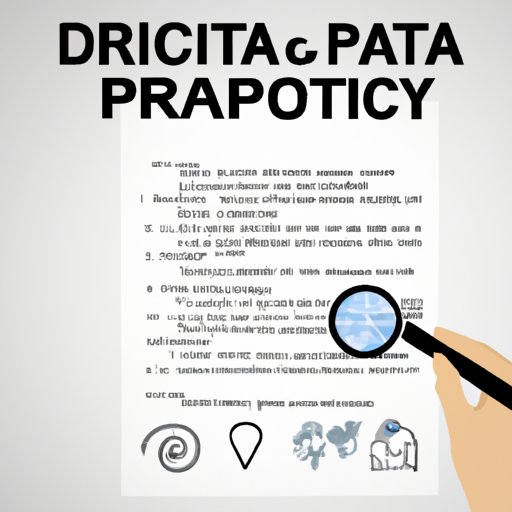In today’s digital age, data privacy has become a critical concern for individuals and businesses alike. With the increasing number of data breaches and stringent regulations like GDPR, implementing effective data privacy solutions is essential. In this article, we will explore some of the best data privacy solutions available in 2023 that can help safeguard your sensitive data.
1. Implementing Data Encryption
Data encryption is one of the most effective ways to protect sensitive information. By converting data into a coded format, unauthorized access is prevented. Solutions such as encryption software and solutions provided by cloud service providers can greatly enhance your data security.
2. Data Loss Prevention (DLP) Tools
Data Loss Prevention tools help organizations protect sensitive data from being leaked or misused. They monitor and control endpoint activities and ensure that information is not transmitted to unauthorized users. Popular DLP solutions include McAfee DLP and Symantec DLP.
3. Regular Security Audits
Conducting regular security audits can help identify vulnerabilities in your data privacy measures. By employing third-party audit services, businesses can assess compliance with laws like GDPR and develop strategies to fill any gaps.
4. Secure Access Controls
Implementing secure access controls is crucial for protecting sensitive data. Using solutions that offer multi-factor authentication (MFA) and role-based access can significantly reduce the risk of unauthorized access. Solutions like Okta and Microsoft Azure AD are excellent starting points.
5. Compliance Management Platforms
Compliance management platforms can help businesses manage their compliance with various data protection regulations. Tools such as OneTrust and TrustArc offer comprehensive solutions for GDPR compliance and beyond.
Conclusion
As data privacy continues to be a vital aspect of cybersecurity, investing in data privacy solutions is no longer optional—it’s a necessity. From encryption and DLP tools to compliance platforms, there are multiple ways to secure your data effectively. Stay ahead in 2023 by implementing robust data privacy measures that protect your organization against potential threats.
For more insights on data protection and cybersecurity, visit our website or contact us for tailored solutions!













